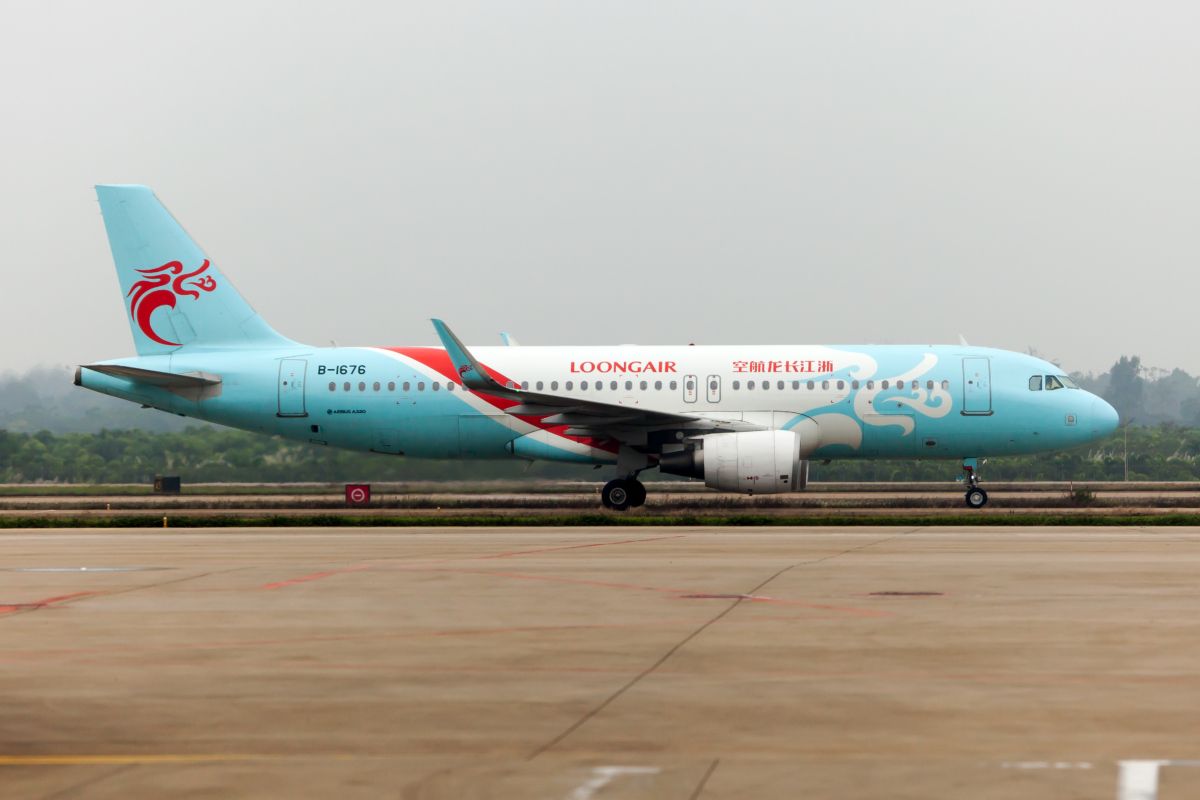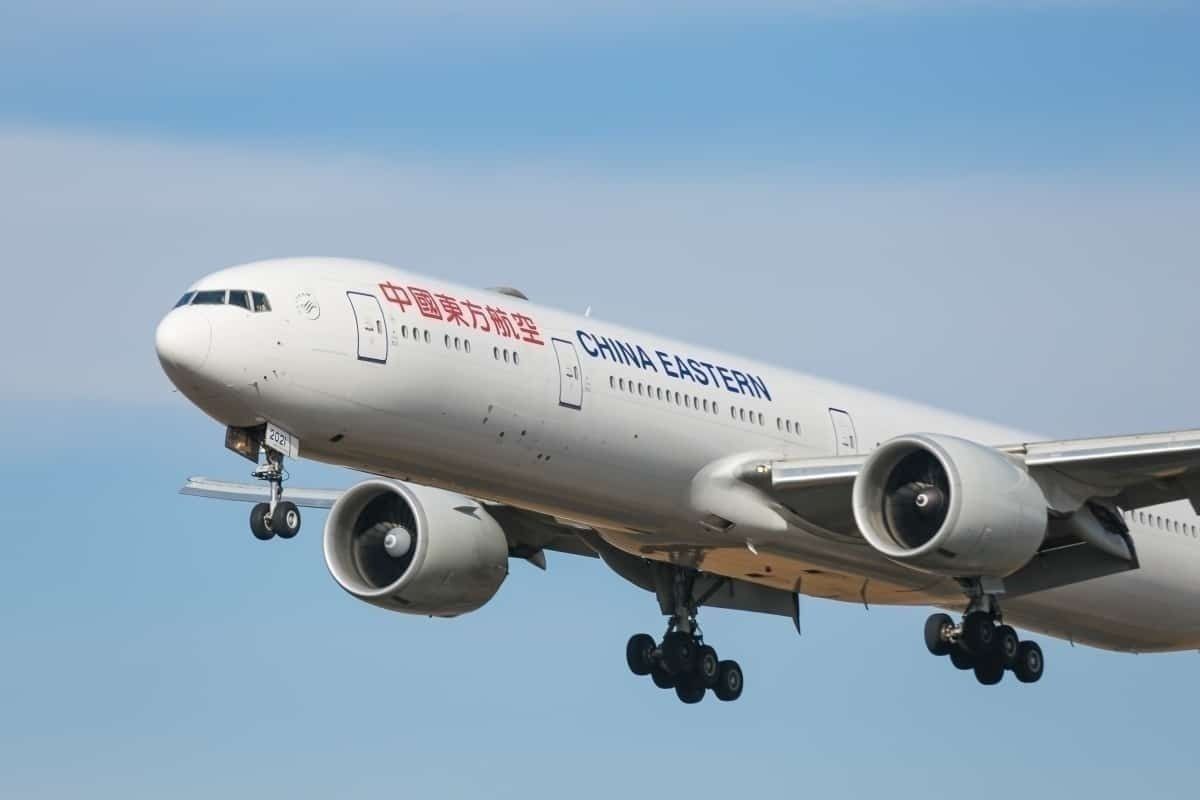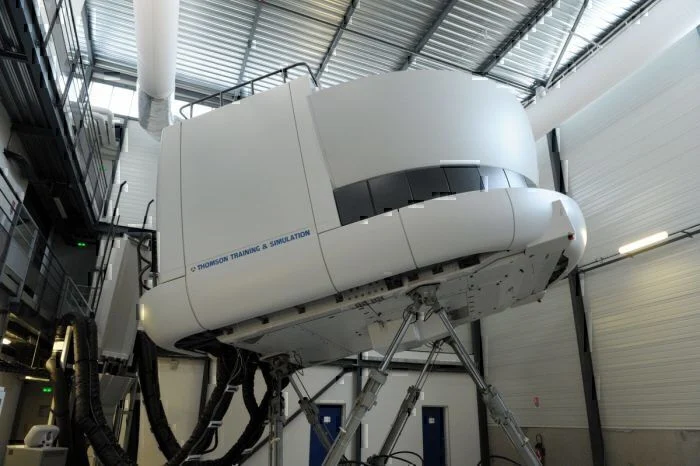China's Loong Air is adopting a new pilot assessment system described as a "new era for training." It sounds great in theory but will it lift safety?
China's fastest growing airline, Loong Air, is the first Airbus customer to adopt the OEMs Evidence Based Training program.
China is leading the world in adopting evidence-based training (EBT) for pilots. In 2020 the Civil Aviation Administration of China (CAAC) mandated that all Chinese airlines implement a combination of Competency Based Training Assessment (CBTA) and EBT by 2024.
Loong Air is not waiting for the CAAC mandate
CAAC has mandated that all Chinese airlines will have to implement Evidence Based Training by 2024. Photo: Getty Images
Loong Air is getting ahead of CAAC's regulations by adopting the Airbus program. These regulations, which are under consideration by other regulators, acknowledge new aircraft technology and developments in aircraft operations that pilots are facing today.
Loong Air operates scheduled passenger and cargo services from Hangzhou Xiaoshan International Airport (HGH). According to ch-aviation.com, it has a fleet of 64 aircraft, comprising one Airbus A319-100, 28 Airbus A320-200, 27 Airbus A320-200N, five Airbus A321-200NX and three Boeing 737F.
Speaking about the new program this week, Loong Air chairman Liu Qihong said:
"We're proud to be the launch customer for Airbus' Evidence Based Training, and the first airline in China to step into the new era of flight training."
Typically this type of Recurrent Training and Checking training (RTC) is done at an Airbus training center. By adopting Airbus EBT, operators can do the activity at their facilities, providing their instructors are trained to Airbus standards and have a Full Flight Simulator.
EBT takes in the airline's operational and training data to adapt and customize the training program. It is an alternative to RTC, which is typically focused on task and task-based training and assessment.
It is an enhancement to Competency Training and Assessment (CBTA), which focuses more on a pilot's ability to handle the overall operation of the aircraft. Using operational data and performance requirements, CBTA /EBT reflects the situations pilots face in their roles.
The simulator plays a key role in EBT
The system's engine is a data analytics package from the French company Hinfact. This system combines airline operational and simulator training data and uses analytics to determine where a pilot's competency can benefit from customized training programs.
Hinfact says their systems support competency training management in three key ways. It works as an assistant to the instructor during and after simulator sessions, gives pilots direct feedback and helps managers set performance standards.
Airbus says it is expanding its flight training portfolio by extending its Competency Based Training and Assessment (CBTA) to include EBT.
EBT for aviation is not a new concept and was first launched in 2007. It was developed by the International Air Transport Association (IATA) under its Training and Qualification Initiative and endorsed by the International Civil Aviation Organisation (ICAO) in 2013.
This initiative aimed to establish a new methodology for developing and conducting recurrent training and assessment. IATA assembled a wide-ranging working group to design the new training methodology.
It comprised representatives from airlines, civil aviation authorities, academic institutions, aircraft OEMs, international organizations, pilot representative bodies and training organizations.
To guide airlines, IATA produced an implementation guide in 2013, co-branded with ICAO and the International Federation of Air Line Pilots' Association (IFALPA).
Other industries have moved away from task to competency-based assessment with varying success.
Is handing this back to the airlines going to make aviation safer? If not, why do it?
Under this background, the 7th Annual Civil Aviation Training International Forum 2022 will be held in 29th-30th June , 2022 in Langfang, China. The forum subject is "Pioneering and Innovative, Leading New Revolution of Aviation training" aims to introduce advance ideas and methods, share successful experiences, combine with that situation of the aviation division itself, to open up more efficient and more active training mechanism.
Register your interest or get in touch with marketing@galleon.cc for more details.



